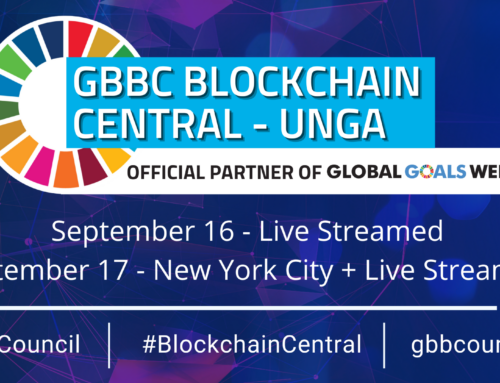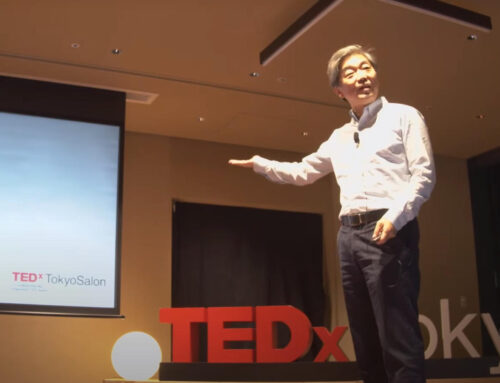Our CEO moderated the panel discussing traceability and Halal Trade
Tokyo, Japan: On March 22, 2022, Kenja K.K’s CEO, Ted Katagi, moderated the “Blockchain: Bridging the gap between Halal Trade and Traceability” panel hosted by Maybank Islamic and IslamicMarkets. The panel was composed of two other experts in the Halal field: Marco Tieman, CEO of LBB International and Professor at HELP University and Dr. Niha Khan, Founder and CEO of Nash fintech X.
The discussion centered around sustainability within the Halal economy, but its main focus was on how blockchain technology could impact an industry ruled by centuries-old processes. The panelists explored problems in Halal supply chains, the functionality of blockchain and the potential obstacles to mass adoption. Ted mentioned the obstacles and goals reached by in its Halal project in Indonesia.
Both experts mentioned several challenges encountered in Halal supply chains: red tape that lengthens the certification process, situations of cross contamination engendering waste, as well as a loss of trust from end consumers in labels. Marco Tieman commented “the Halal Logo is important for Muslims as it symbolizes the trust of the Halal consumers…and it is important that it is backed by the right certification bodies that are independent and accredited by the government.”
The LBB International’s CEO also listed the main functionalities of blockchain: Aid in meeting the requirements depending on the market in which the company would operate, streamlining the auditing processes thus simplifying certification, as well as helping with product recalls and communication between stakeholders. Dr. Niha Khan added that “in the supply chain model, blockchain helps with standardization, creating a common ground for certification and processes for stakeholders through its automation while protecting the value of a brand.”
When it came to the topic of SDGs and food waste, Dr. Nida Khan pointed out that “when we combine the blockchain technology with artificial intelligence there is a great potential in tackling food waste issues, as alerts can be set to tell whether a particular food is about to perish, and in the near future, perhaps even the use of drones to distribute products in a population, supporting the SDG of zero hunger.”
The discussion ended with a Q&A session between the guest speakers and the 500 participants.





